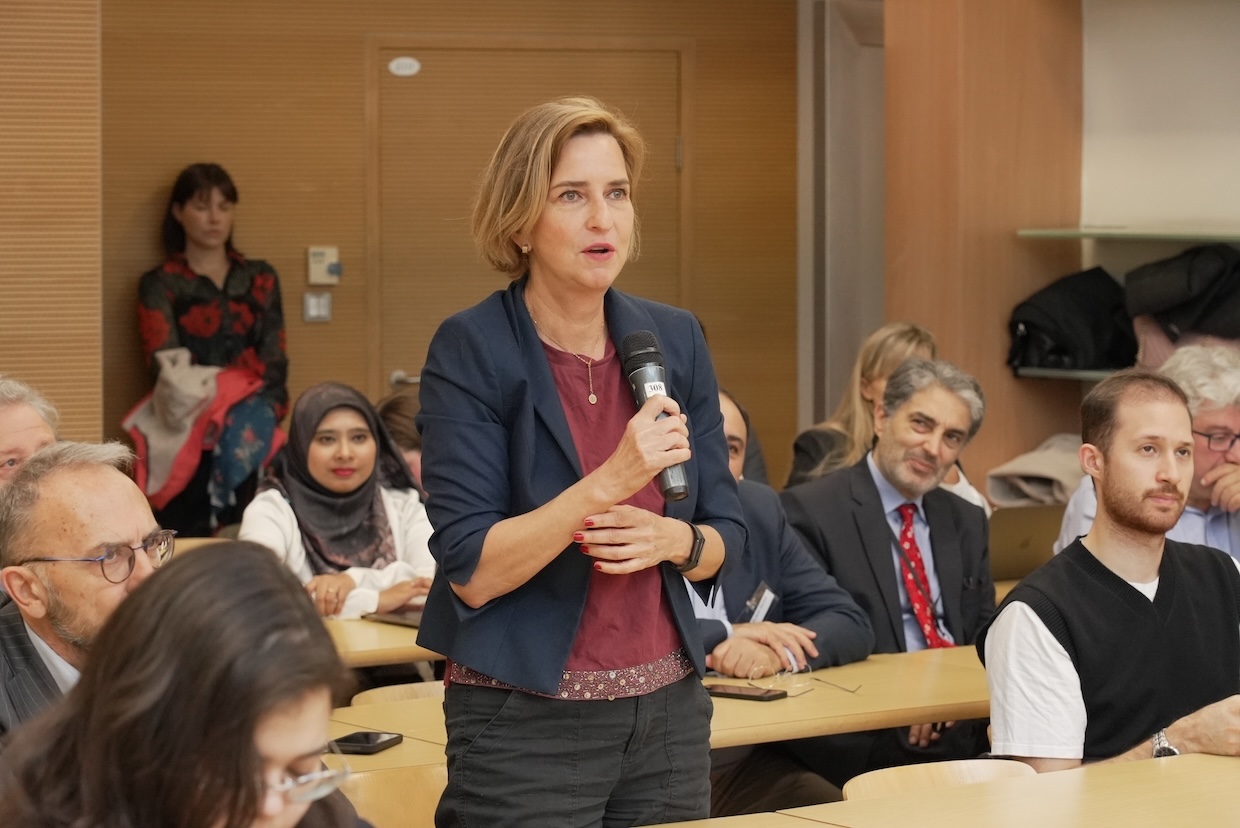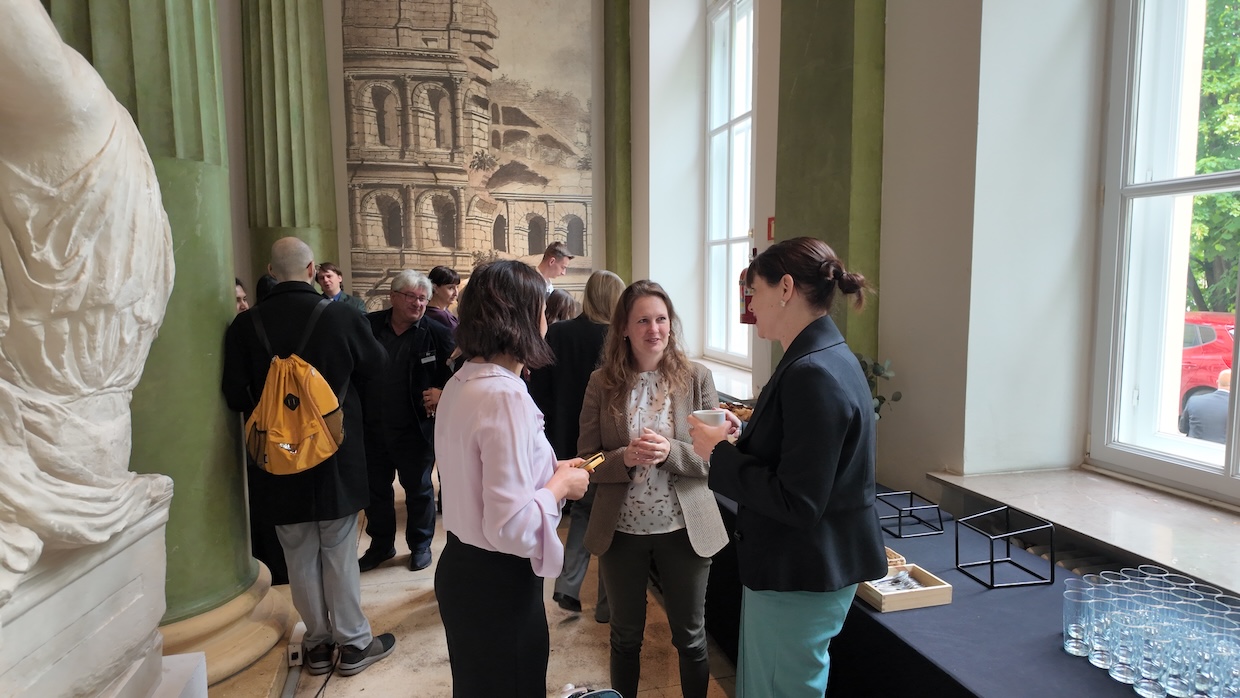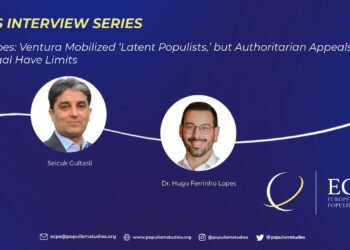The European Center for Populism Studies (ECPS) successfully convened its Fourth Annual International Symposium at the University of Warsaw on May 22–23, 2025. The event brought together leading scholars, practitioners, and policymakers to examine the evolving dynamics of civilizational populism and its wide-ranging implications on local, national, transnational, and global levels.
Over two days of intensive dialogue and critical reflection, the symposium explored how populism—particularly in its civilizational form—interacts with religion, digital technologies, and identity-based narratives to shape political behavior, influence democratic institutions, and impact social cohesion across plural societies. Special attention was paid to the varied manifestations of populism in both the Global North and Global South.
The concept of civilizational populism—which deploys civilizational identity as a metanarrative to heighten antagonism between ‘the people’ and constructed ‘others,’ often along religious and cultural lines—was a central focus. Participants analyzed how this form of populism contributes to the intensification of intra- and inter-group conflicts and how it reshapes the discourse on globalization, South-South cooperation, and multipolar international relations.
Panels addressed the following core themes:
- The relationship between civilizational populism and democratic backsliding.
- The use of religion and civilizational rhetoric by populists to legitimize exclusionary policies.
- The strategic role of digital technologies and artificial intelligence in amplifying populist messages.
- Transnational linkages between populist actors and their impact on global governance frameworks.
The symposium further emphasized that while populism is often characterized as a "thin ideology," it operates alongside thick ideologies—such as neoliberalism, nationalism, socialism, or religion—and plays a significant role in shaping emotions, mobilizing public sentiment, and reconfiguring political power structures.
Speakers highlighted that civilizational populist narratives, far from being confined to national borders, are increasingly embedded in global communication circuits, shaping diasporic politics, influencing foreign policy, and challenging multilateral norms.
Ultimately, the symposium fostered rich interdisciplinary discussions and called for innovative, inclusive, and ethically grounded strategies to address the challenges posed by civilizational populism in today’s digitally interconnected and ideologically polarized world.
Organizing Institution
European Center for Populism Studies (ECPS) (Brussels)
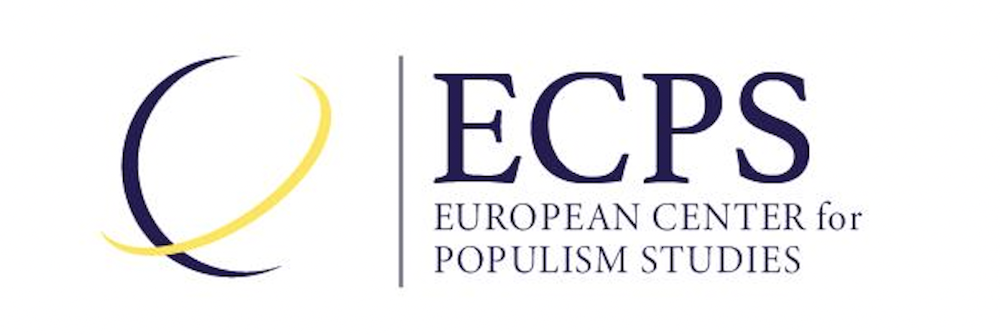
Hosting Institution
Centre for Europe, University of Warsaw (Warsaw)
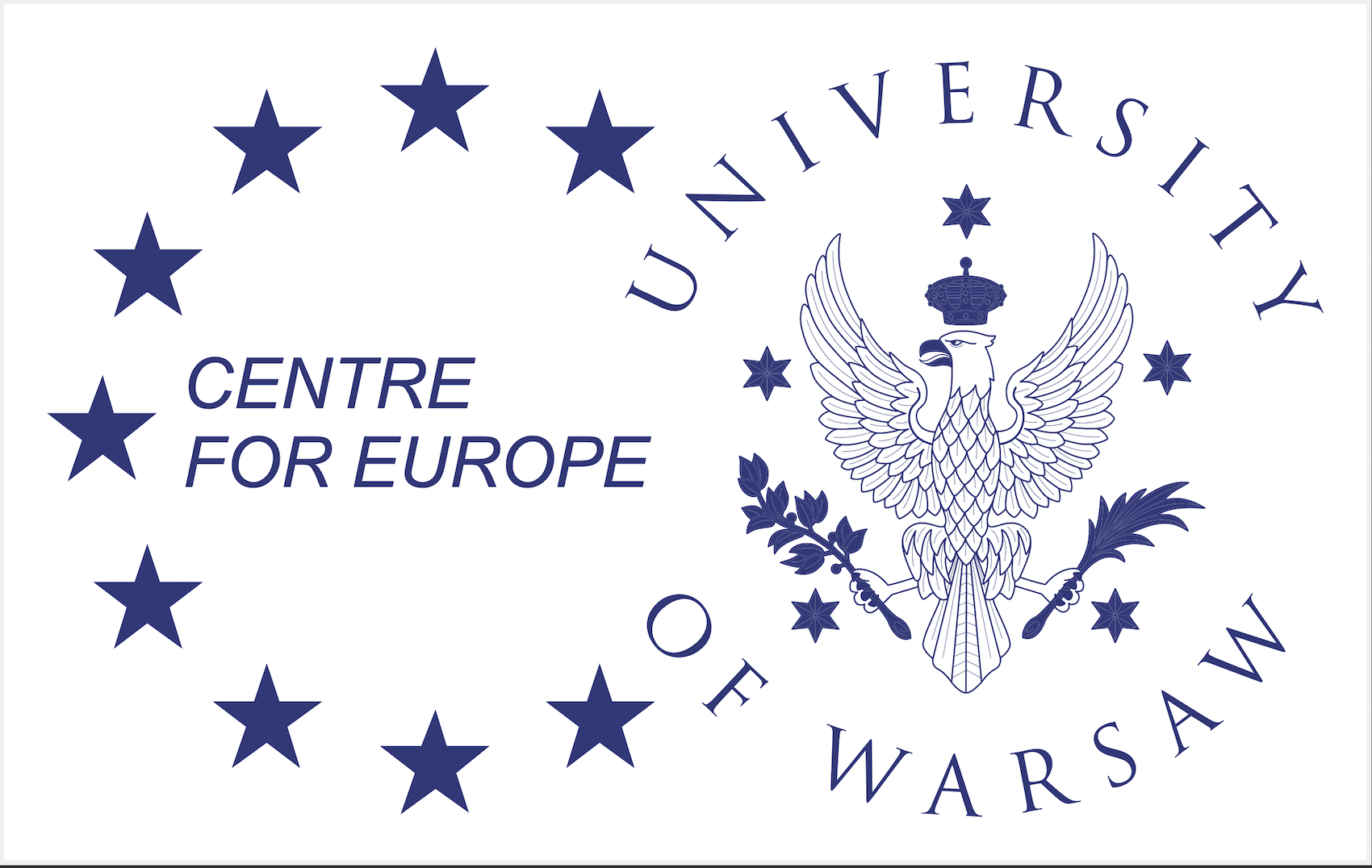
Partner Institutions
Georgetown University (Washington DC)

University of Birmingham (Birmingham)

Deakin University (Melbourne)

DAAD / Cambridge University

University of Duisburg-Essen, Institute of East Asian Studies
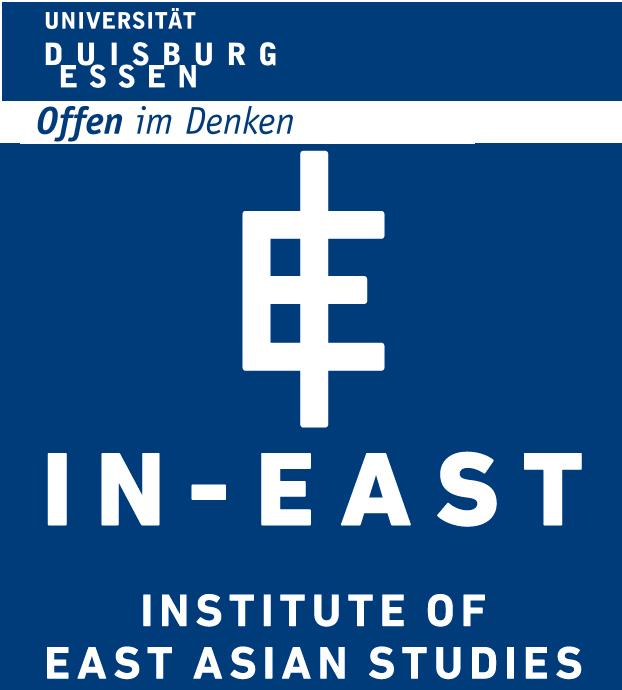
Centre for International Relations (Warsaw)

DAY ONE – May 22, 2025
Opening Speech
Dr. Adam Bodnar (Minister of Justice of Poland / (Video Recording).
Keynote Speech
“A Relational Approach to Religion and Populism: Recontextualizing Civilizational Narratives in National and Global Contexts,” by Dr. Jocelyne Cesari (Professor and Chair of Religion and Politics at the University of Birmingham, UK, and Senior Fellow at the Berkeley Center for Religion, Peace, and World Affairs at Georgetown University).
Panel 1
Populism: Is It a One-way Route from Democracy to Authoritarianism?
Moderator
Dr. Erkan Toguslu (Researcher at the Institute for Media Studies at KU Leuven, Belgium).
Speakers
"Making Sense of Multiple Manifestations of Alternatives to Liberal Democracies," by Dr. Radoslaw Markowski (Professor of Political Science, Center for the Study of Democracy, Director, SWPS University of Social Sciences and Humanities, Warsaw & Polish Academy of Sciences & Polish National Election Study, Principal Investigator).
“Constitutional Intolerance: The Fashioning of ‘the Other’ in Europe’s Constitutional Repertoires,” by Dr. Marietta van der Tol (Politics & International Studies, DAAD-Cambridge).
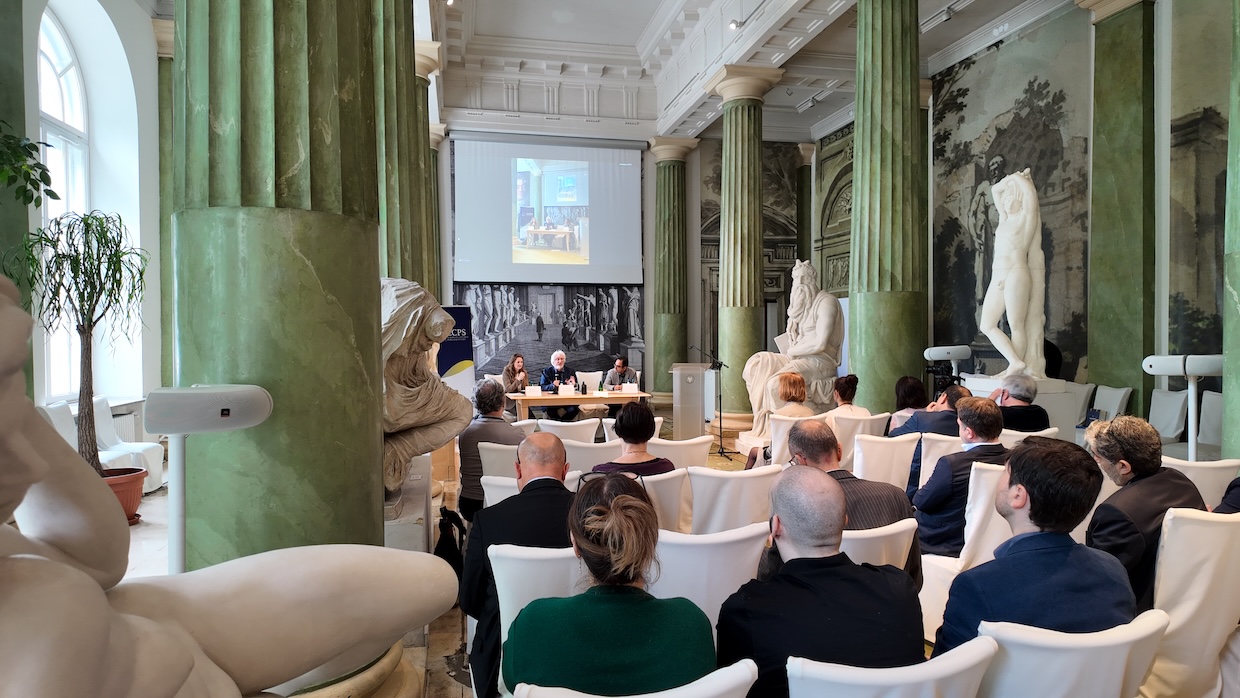
Panel 2
Civilizational Rhetoric, Emotions, and Societal Cohesion
Moderator
Dr. Erin K. Wilson (Professor, Chair of Politics and Religion, the Faculty of Religion, Culture, and Society, University of Groningen).
Paper Presenters
“Populism, Civilization, and Restorative Nostalgia,” by Dr. Nicholas Morieson (Research Fellow, Deakin University’s Alfred Deakin Institute for Citizenship and Globalization).
“Emotional Dimensions of Civilisationist Populism: A Comparative Analysis of Erdogan, Modi, and Khan with Transformer-Based Classification,” by Dr. Matthew Belanger (Lecturer in Substance Use Sociology, Social Policy, and Criminology Faculty of Social Sciences University of Stirling) and Dr. Ana-Maria Bliuc (Reader in Psychology, School of Humanities, Social Sciences, and Law at the University of Dundee).
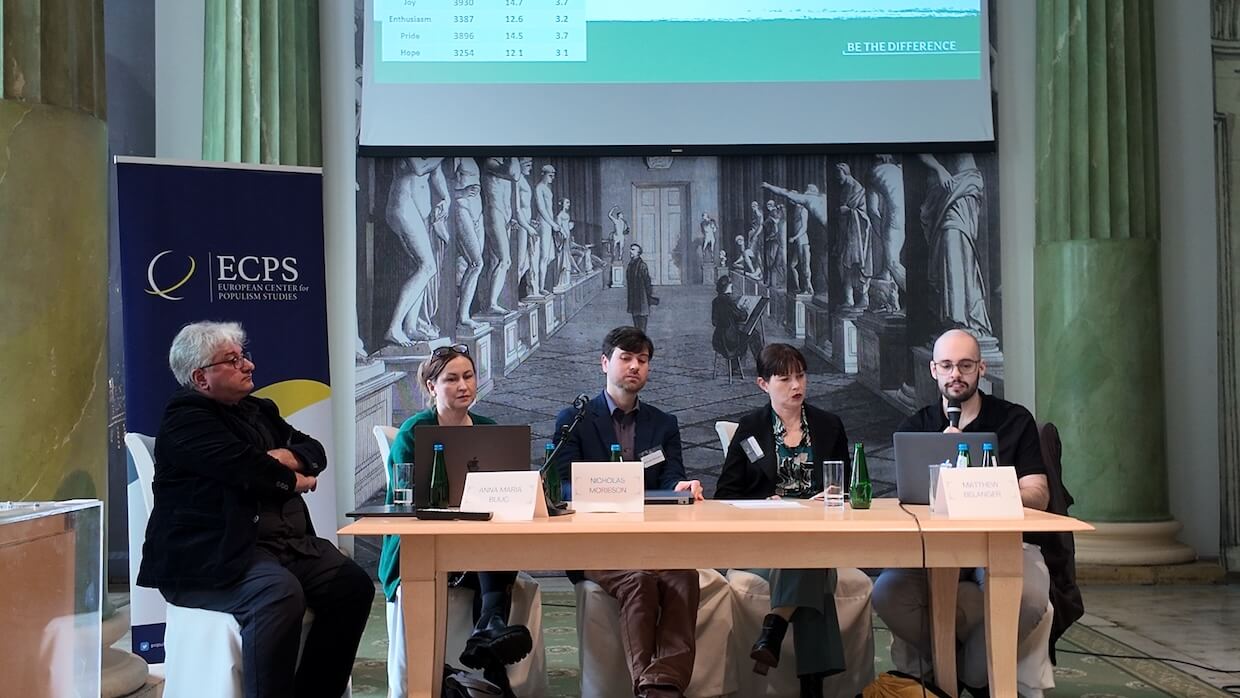
Keynote Speech
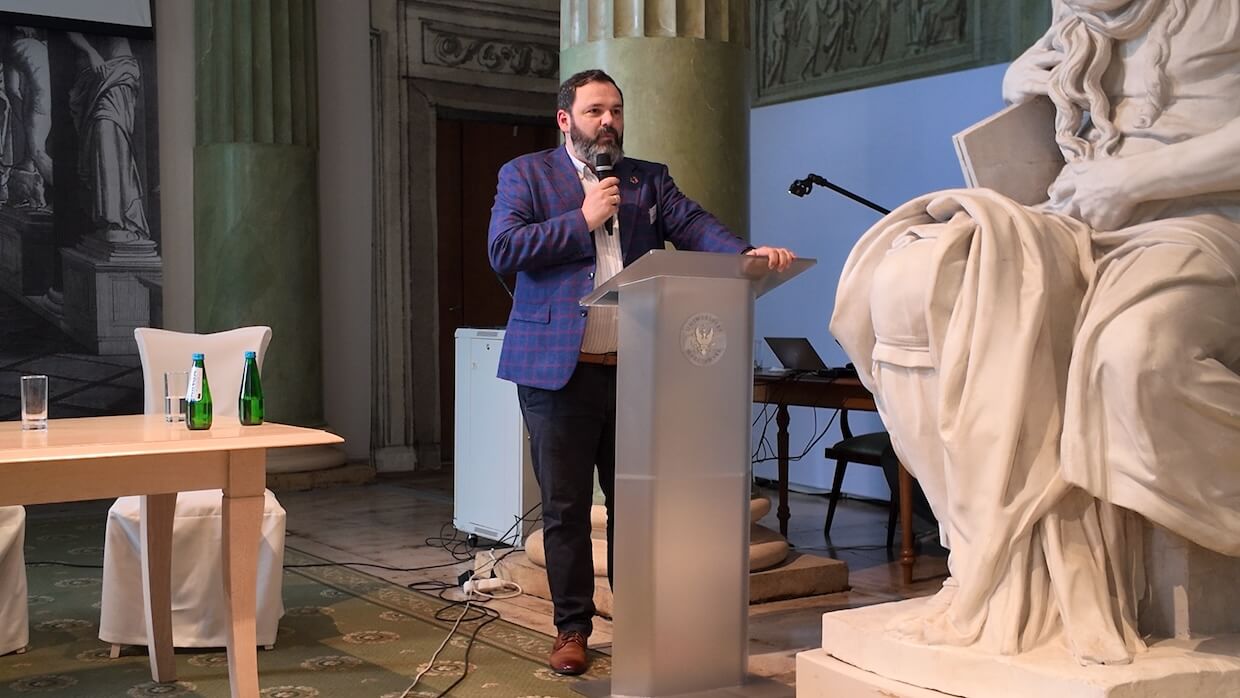
The Role of the UN in Fighting for Human Rights in This Populist Age,” by Kamil Wyszkowski (Director of UN Global Compact).
Panel 3
Religion and Populism: Local, National, and Transnational Dimensions
Moderator
Dr. Jocelyne Cesari (Professor and Chair of Religion and Politics at the University of Birmingham (UK) and Senior Fellow at the Berkley Center for Religion, Peace, and World Affairs at Georgetown University).
Speakers
“Remember to be Jewish: Religious Populism in Israel,” by Dr. Guy Ben-Porat (Professor of International Relations and Politics, Ben-Gurion University of the Negev).
“Religious Populism and Civilizationalism in International Politics: An Authoritarian Turn,” by Dr. Ihsan Yilmaz (Research Professor of Political Science and International Relations and Chair in Islamic Studies at Deakin University’s Alfred Deakin Institute for Citizenship and Globalization) & Dr. Nicholas Morieson (Research Fellow, Deakin University’s Alfred Deakin Institute for Citizenship and Globalization).
Paper Presenters
“National Populists of Christian Europe, Unite? Civilizations Dimensions of Far-right Populist Alliances in Post-Brexit Britain,” by Dr. Rafal Soborski (Professor of International Politics, The Department of Social Science at Richmond American University and Senior Research Fellow at the Global Diversities and Inequalities Research Centre at London Metropolitan University).
“Anwar Ibrahim’s Civilisational Populism: Between the Muslim World and Malaysia,” by Dr. Syaza Shukri (Assoc. Professor & Head of Department of Political Science, International Islamic University Malaysia).
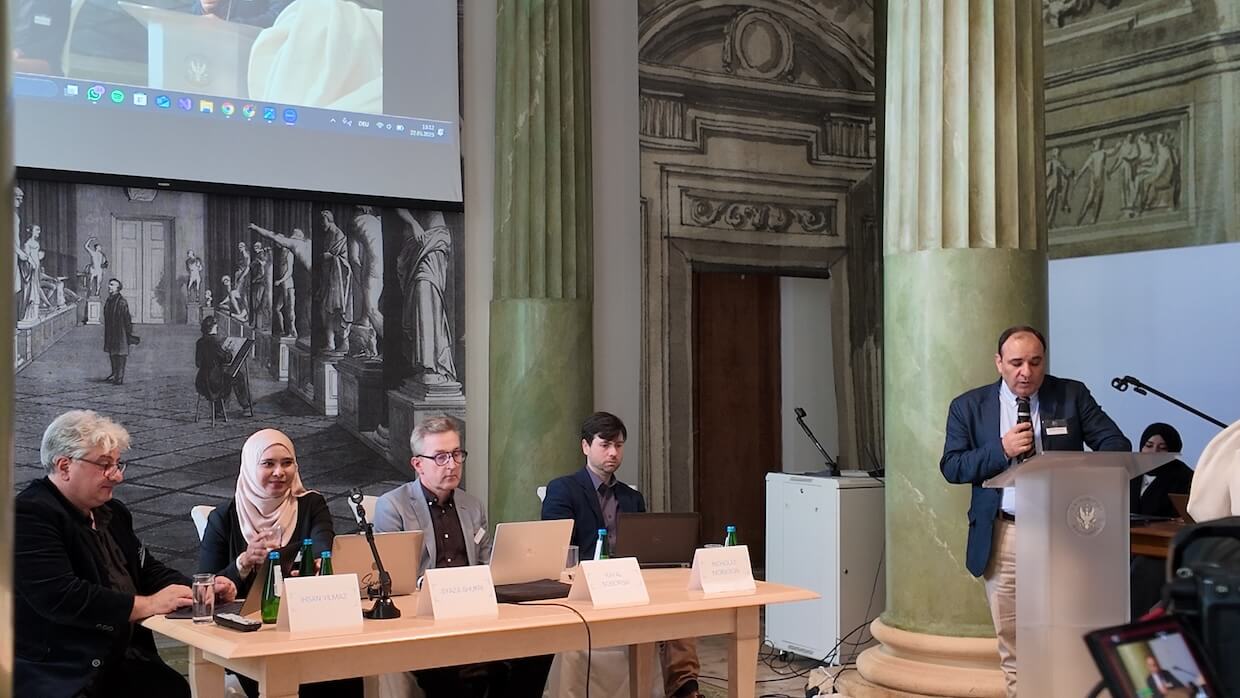
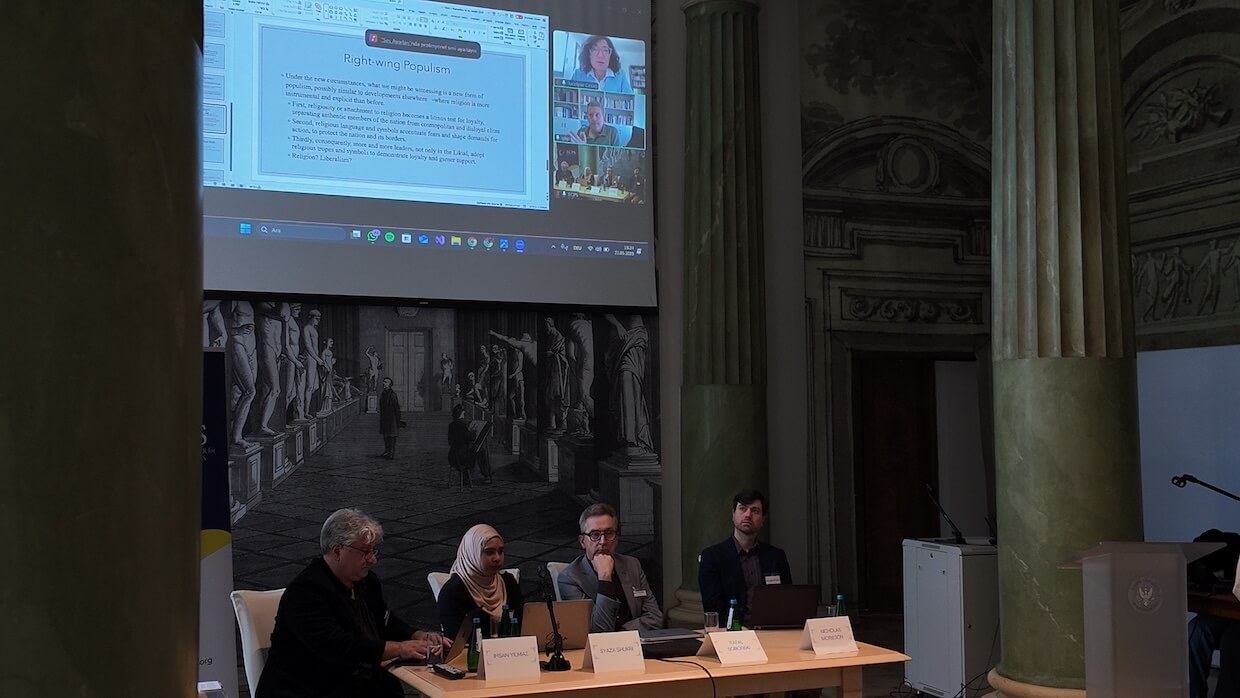
DAY TWO – May 23, 2025
Keynote Speech
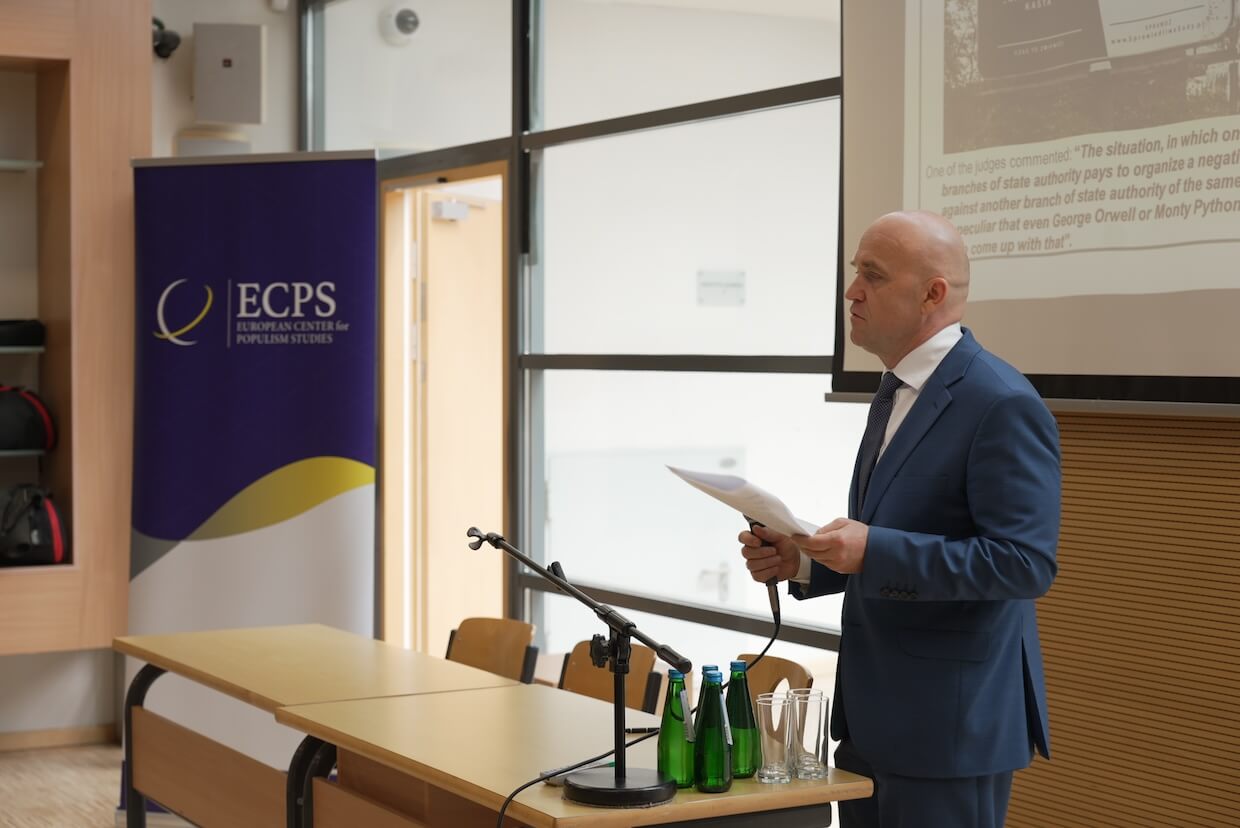
Dariusz Mazur (Deputy Minister of Justice of the Republic of Poland).
Panel 4
Impacts of Civilizational Populism on the Market and Globalization
Moderator
Antoine Godbert (Affiliate Professor of Law, Economics & Humanities at ESCP Business School, Paris, and Director of International Affairs at the Rectorat of Île-de-France – Paris).
Speakers
“On the Nature of Economics and the future of Globalization under Civilizational Populism,” by Dr. Ibrahim Ozturk (Professor of Economics, Duisburg-Essen University, Institute of East Asian Studies (IN-EAST), Germany, Senior Economic Researcher at the ECPS, Brussels).
“Populism as a Reaction to Neoliberal Technocratism,” by Dr. Krzysztof Jasiecki (Professor of Economic Sociology at the Centre for Europe, University of Warsaw).
“Far-Right Populism and the Making of the Exclusionary Neoliberal State,” by Dr. Valentina Ausserladscheider (Associate Professor, Department of Economic Sociology, University of Vienna and Research Affiliate, Department of Sociology, University of Cambridge).
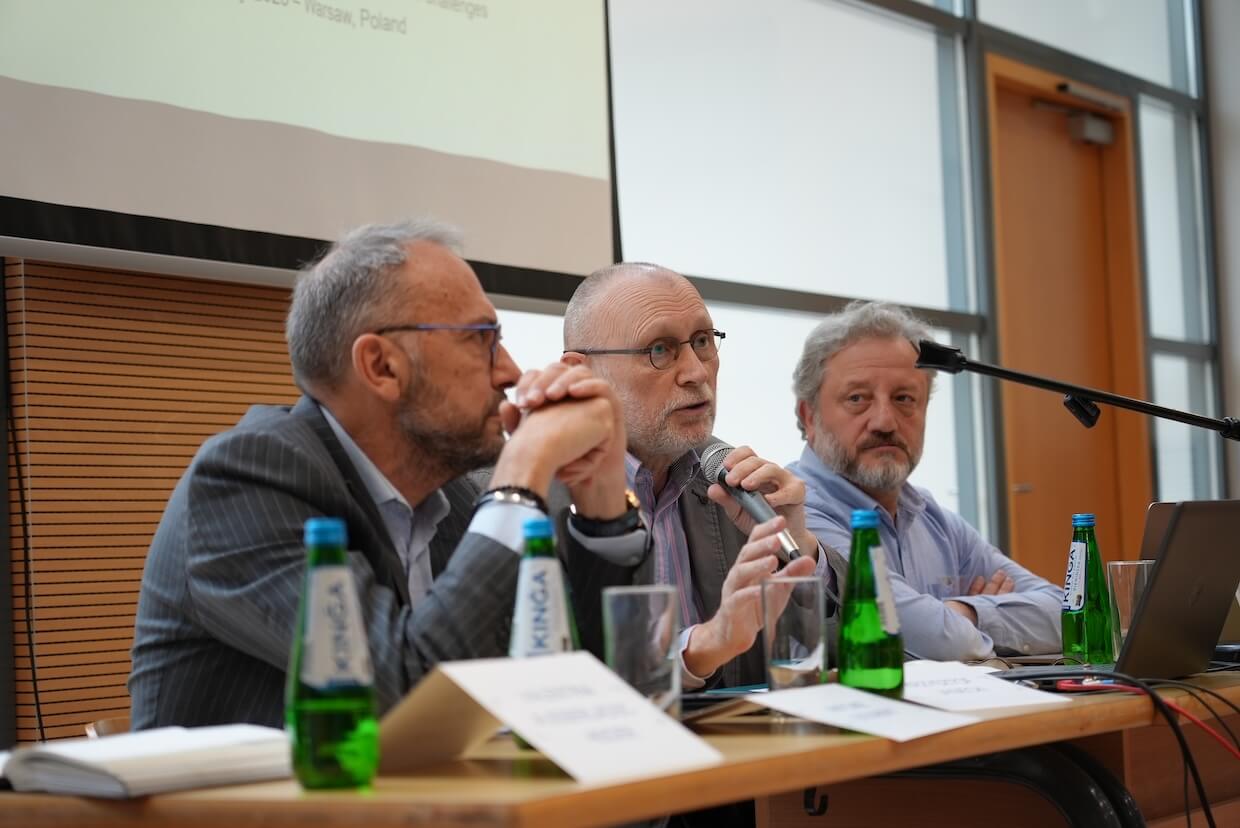
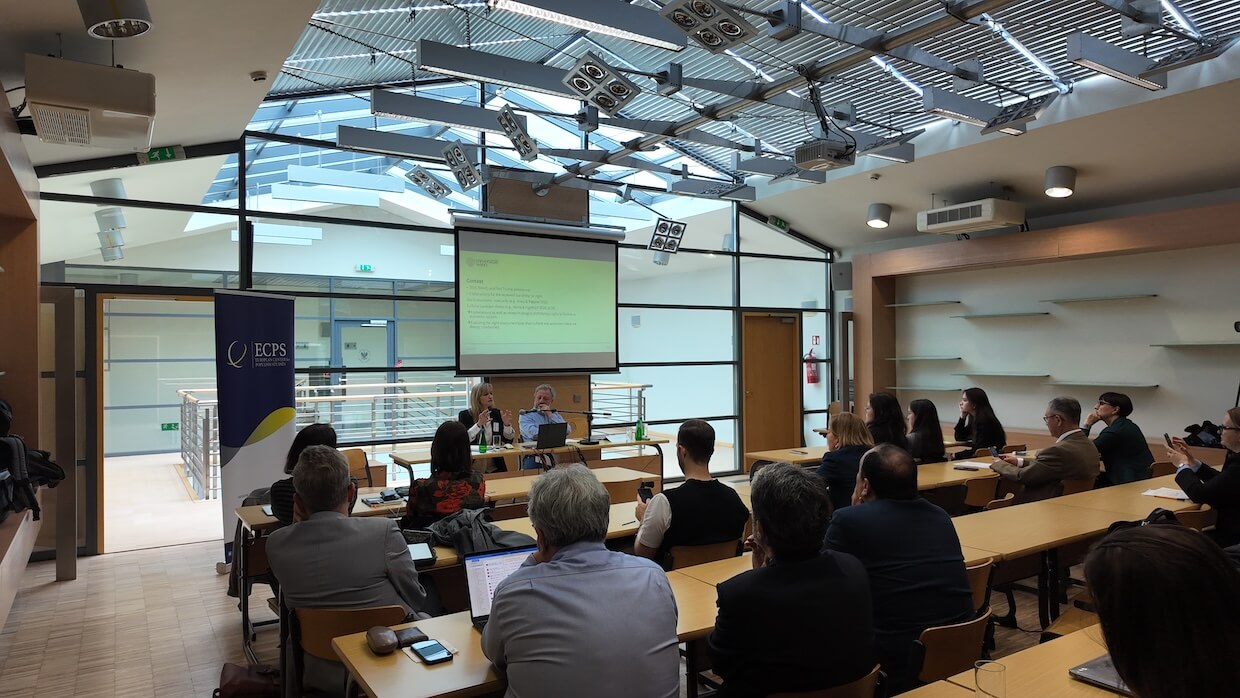
Panel 5
Religion and Identity Politics
Moderator
Dr. Ana-Maria Bliuc (Reader in Psychology, School of Humanities, Social Sciences, and Law at the University of Dundee).
Speaker
“Religion and Power in an Age of Identity Politics,” by Dr. Erin K. Wilson (Professor, Chair of Politics and Religion, the Faculty of Religion, Culture, and Society, University of Groningen).
Paper Presenters
“Civilizational Populism and the Making of Sexualized Cultural Christianity,” by Dr. Ludger Viefhues-Bailey (Distinguished Professor of Philosophy, Gender, and Culture, Le Moyne University, NY).
“Imagine No More Small Boats in the Channel’: How Populist Parties and Their Leaders Normalize Polarization in Their Communication on Social Media Platforms, a Multimodal Discourse Analysis,” by Dr. Valeria Reggi (Post-doc Researcher at the University of Venice and Adjunct Professor and Tutor at the University of Bologna).
"Populism from a Double Perspective. Timo Soini and the Finnish Version of Populism," by Dr. Jarosław Suchoples (Centre for Europe, University of Warsaw, Former Polish Ambassador to Finland).
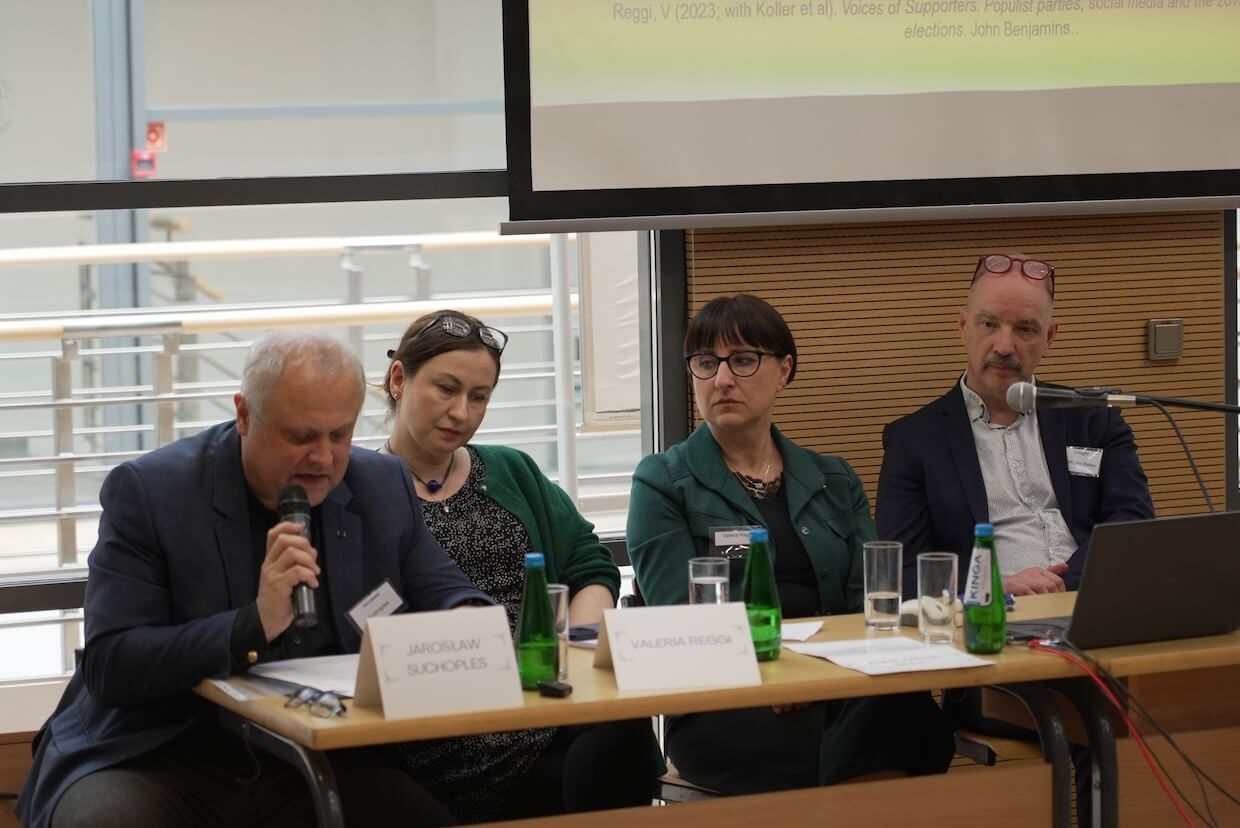
Gala Dinner
During the gala dinner, a short video clip was presented featuring a biopic on the Romani poet Papusza and Birds Are Singing in Kigali, two acclaimed Polish films directed by Joanna Kos-Krauze. Following the screening, Dr. Małgorzata Bonikowska moderated a brief conversation with the director and two other participants. (Photos: Muhammed Gemi)

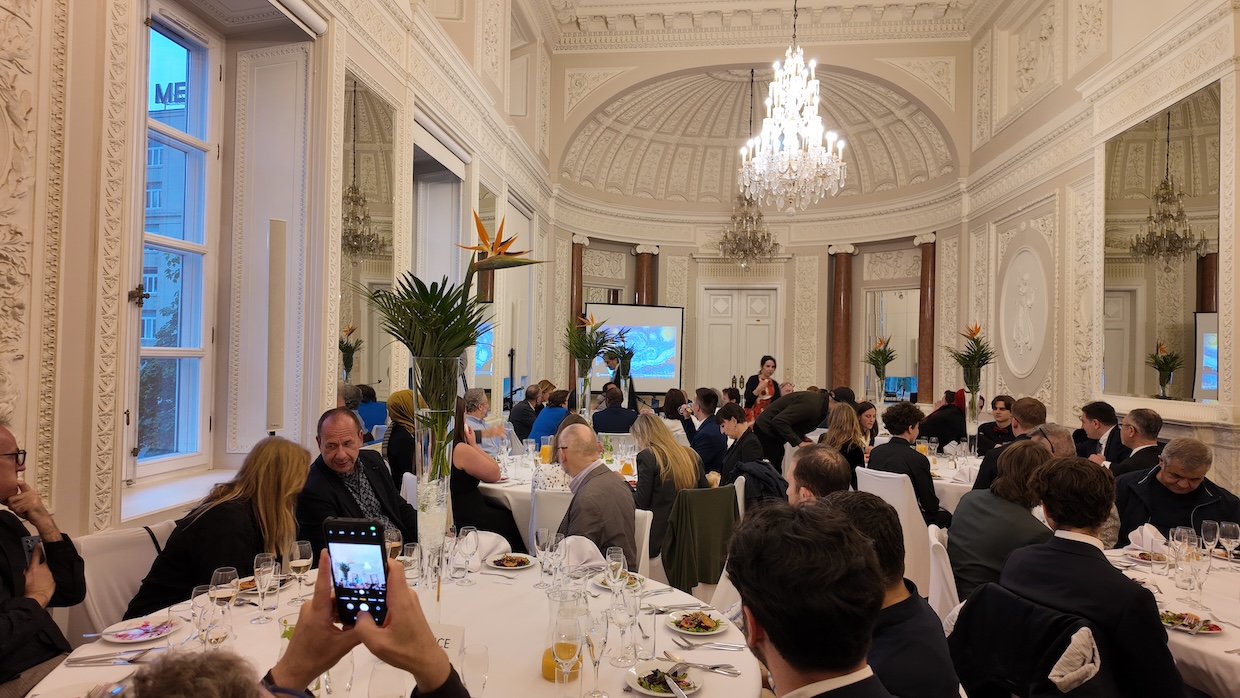
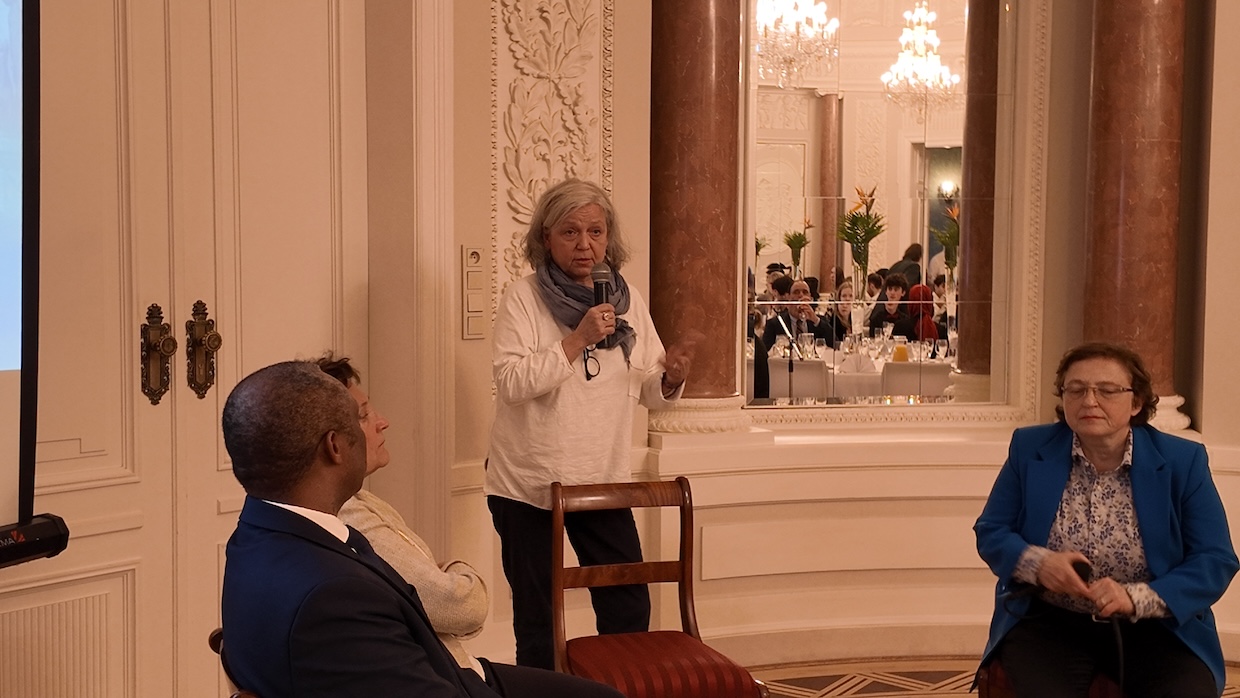
Participants
During the coffee and lunch breaks, conference participants had the opportunity to connect, exchange ideas, and get to know one another better. They also engaged actively in the Q&A sessions, contributing thoughtful questions and insights to each panel discussion. (Photos: Muhammed Gemi.)